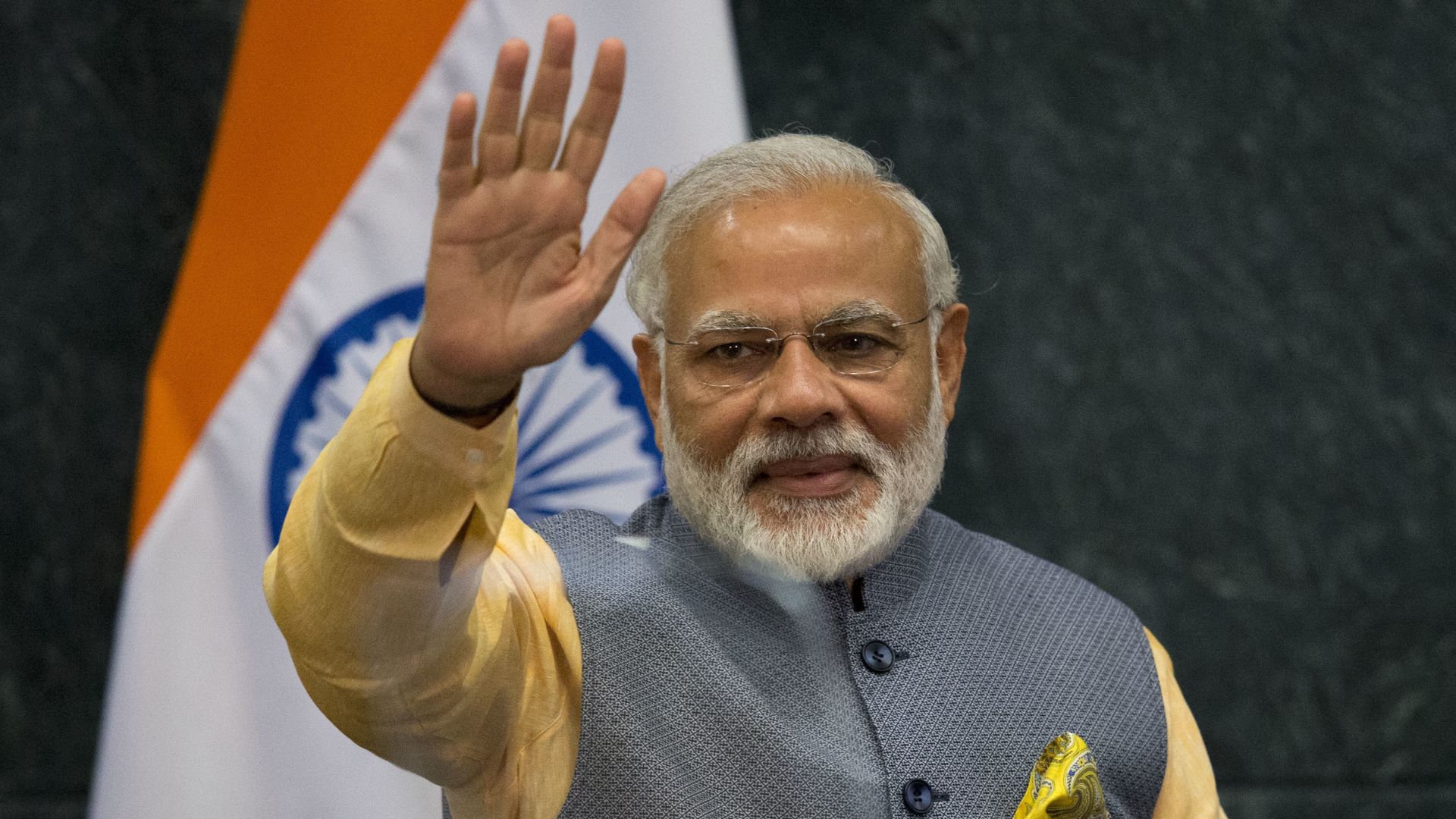Prime Minister Narendra Modi’s recent statements emphasizing his commitment to “sabka saath, sabka vishwas” and his belief in true secularism have ignited a lively debate among political commentators. While some view these remarks as a reflection of Modi’s inclusive approach and emotional connection with all sections of society, including Muslims, critics argue that these statements contradict his previous electoral rhetoric.
Political analysts have pointed out that the Prime Minister’s comments come at a time when the BJP’s 2024 electoral campaign is in full swing. The party’s manifesto, known as the Sankalp Patra, focuses on Modi-centric welfare promises and subtly sidelines the Hindutva agenda, yet it remains notably silent on issues of Muslim backwardness. This deliberate omission raises questions about the party’s genuine commitment to inclusivity.
Despite the strategic use of the “Sabka Saath…” slogan, the BJP has been criticized for its past rhetoric and actions, which have often targeted the Muslim community. The second-tier BJP leadership has not shied away from branding the Opposition, particularly the Congress Party, as anti-Hindu. This has led to scepticism about the authenticity of Modi’s recent inclusive statements.
The BJP’s campaign strategy heavily revolves around Modi’s persona, with electoral promises termed as “Modi ki Guarantee” and targeted voters labelled as “Modi ka Parivar.” However, in the first phase of the election, the party leadership chose to critique the Congress manifesto, accusing it of promoting separatism and Muslim appeasement. This shift in focus to a more Muslim-centric narrative seemed at odds with Modi’s current messaging.
As the election progresses, the BJP appears to be recalibrating its approach. The party is now keen to project a version of inclusiveness and social cohesion, aiming to attract a broader voter base. This strategic shift is seen as an attempt to balance the concerns of both its core ideological supporters, nurtured by the RSS and a newer constituency of professional politicians and disillusioned voters who have joined the BJP in recent years.
The BJP’s grassroots presence, bolstered by its core supporters, allows it to experiment with new campaign strategies. The recent inauguration of the Ram Temple in Ayodhya exemplifies how the party leverages its ideological base to mobilize support. However, the newer pro-BJP political configuration remains fragile, as it consists of individuals with diverse ideological backgrounds who may not fully align with the Hindutva vision.
To maintain its political dominance, the BJP must address the expectations of both its traditional supporters and its newer allies. By highlighting Modi’s inclusive rhetoric and concerns for Muslims, the party hopes to strengthen its electoral prospects and consolidate its position. The outcome of this multifaceted campaign will be crucial in determining the BJP’s growth and sustainability as a political institution.




















